The Answers Are There
In “The Answers Are There,” Libby Hoffman offers a profound exploration of peacebuilding and community restoration with a focus on Sierra Leone, a nation deeply scarred by civil war but seeking rejuvenation through Fambul Tok, a process rooted in time-honored traditions of dialogue and reconciliation. Hoffman, who is not only an adept narrator but also a participant in this transformative journey as the co-founder of Fambul Tok, shares her insights with a palpable combination of sensitivity and pragmatism.
Hoffman details the establishment and evolution of Fambul Tok (“family talk”), an initiative that derives its strength from incorporating local customs of truth-telling, apology, and forgiveness into the reconciliation process. What distinguishes this approach from other peace efforts is its strict adherence to the belief that communities themselves possess the intrinsic wisdom and capabilities needed for their own transformation. This bottom-up strategy emphasizes empowerment rather than dependency, marking a refreshing departure from conventional, often externally-driven, humanitarian aid models that sometimes hinder rather than help.
The narratives included in the book are both inspiring and harrowing, illustrating the profound emotional depth and resilience of the Sierra Leonean people. Through vivid storytelling, Hoffman articulates how Fambul Tok facilitated not just conversations but actual healing, enabling communities to move forward from their collective and individual traumas. The book doesn’t shy away from delving into the complexities and challenges of such endeavors, making Hoffman’s account all the more credible and engaging.
Theoretically rich yet immensely practical, “The Answers Are There” is steeped in what Hoffman describes as “building peace from the inside out.” This concept is dissected through examples from her personal experiences and broader reflections on peace and community dynamics. Moreover, Hoffman’s self-reflective journey invites readers to ponder their roles within systemic structures and within their own microcosms of influence.
A particularly compelling element of Hoffman’s narrative is her consideration of systemic failures, both in terms of global peacebuilding initiatives and local governance. Her critique is nuanced, recognizing the good intentions of international partners but also insisting on the necessity of a revised playbook that truly serves the needs and honours the capacities of local populations.
For readers in the fields of international development, sociology, anthropology, or those merely intrigued by a heartfelt story of human resilience and innovation, “The Answers Are There” provides enlightening perspectives and teachings. It goes beyond merely documenting events to inspire and equip its audience with actionable insights for fostering healthy, sustainable communities globally.
Libby Hoffman has crafted a significant contribution to literature on peacebuilding and international relations, compelling readers to reconsider how they perceive conflict resolution and community engagement. With academic depth and emotive clarity, “The Answers Are There” is an essential read for anyone committed to genuine, lasting social change.

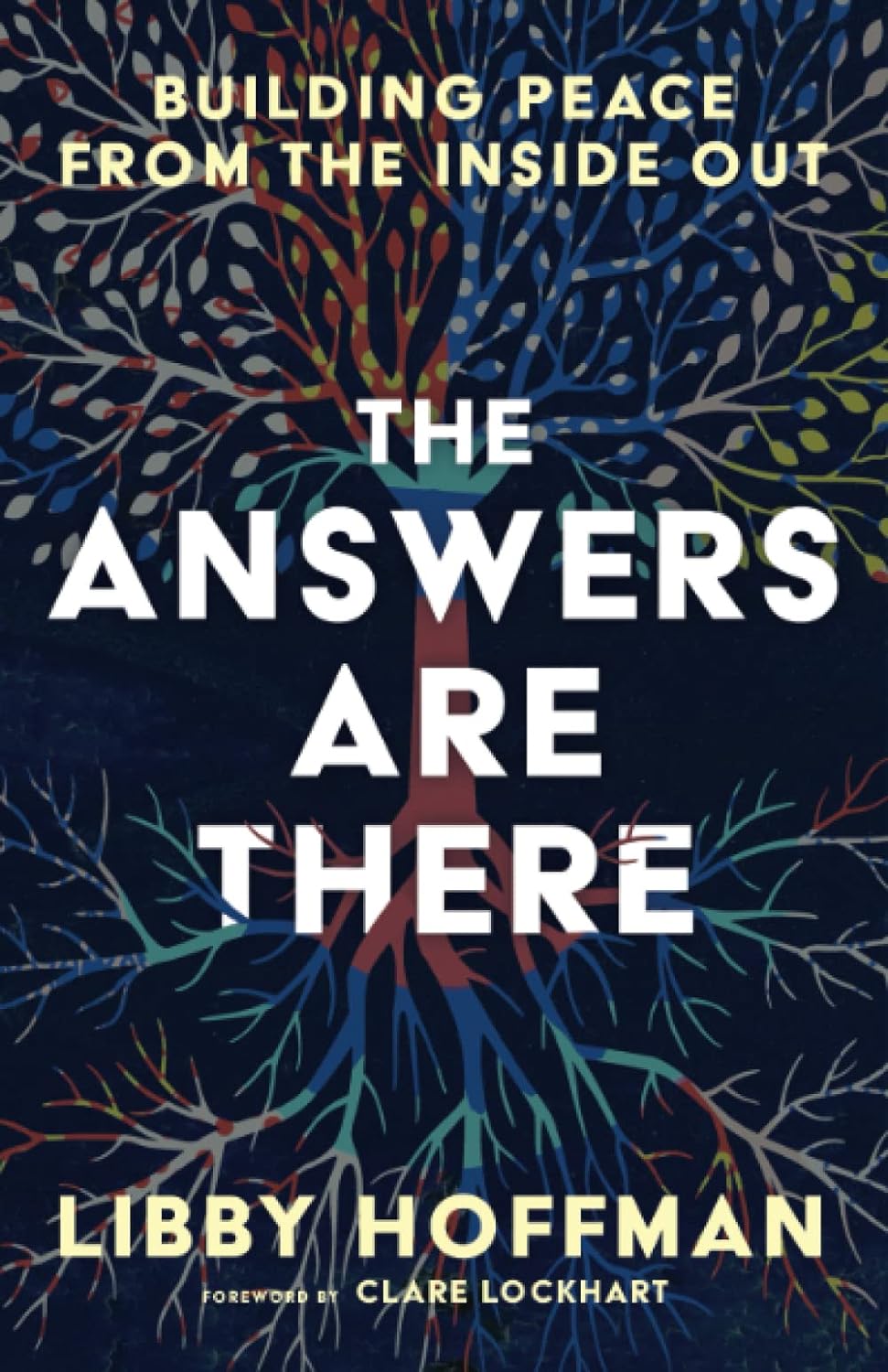
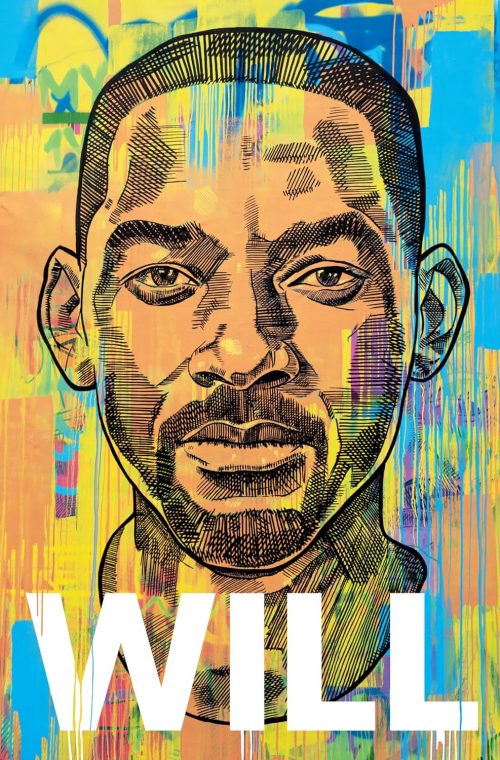
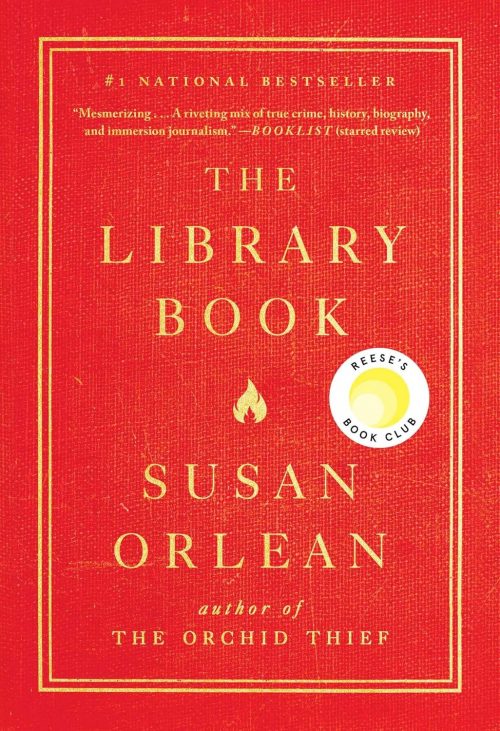
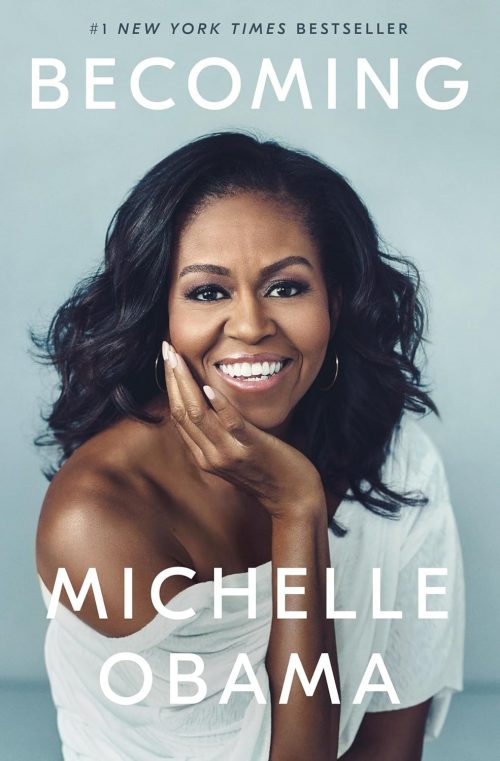


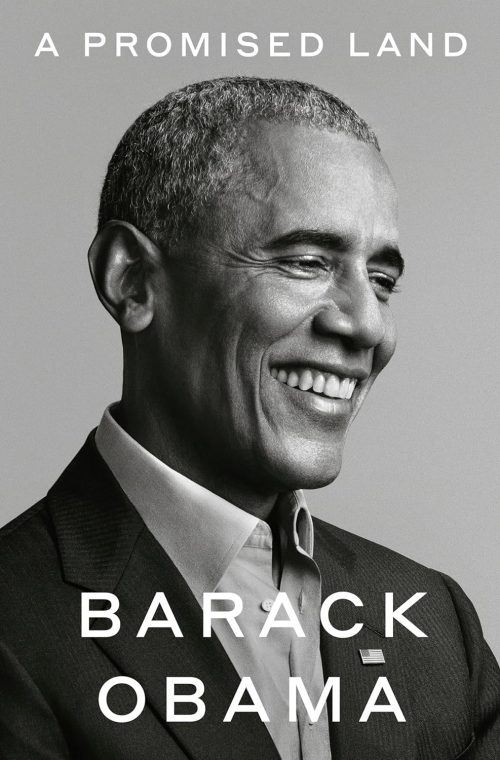

Reviews
There are no reviews yet.